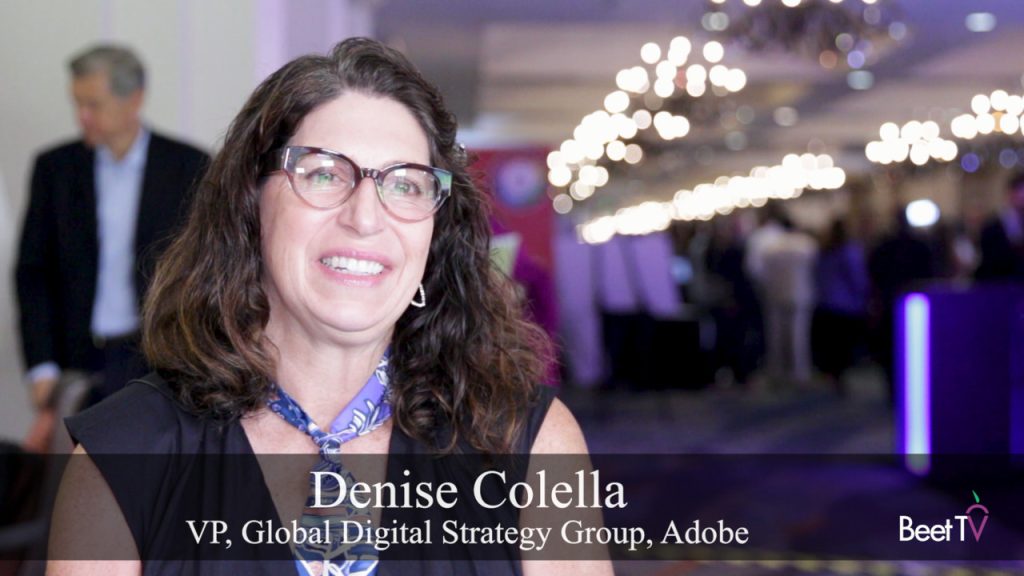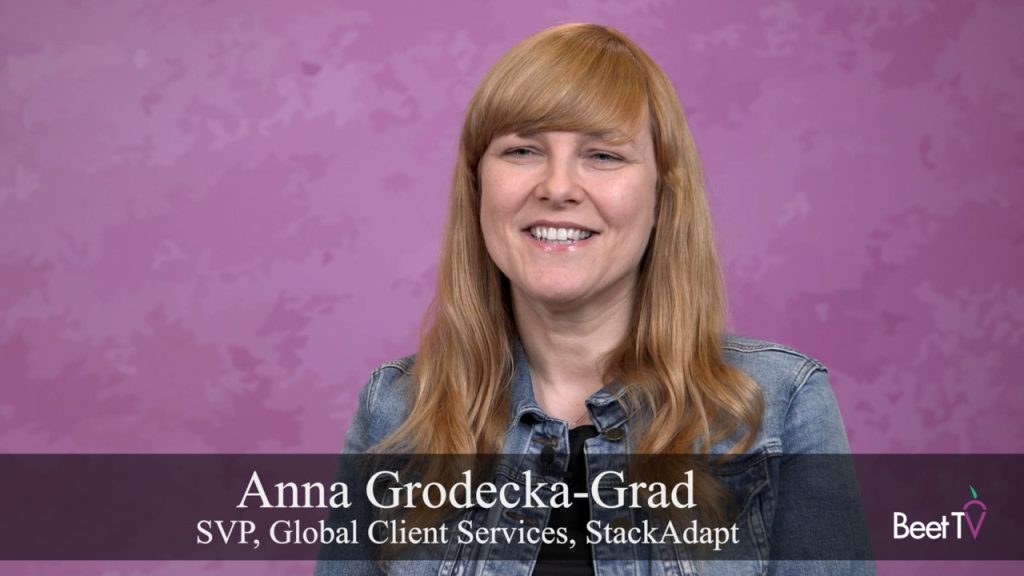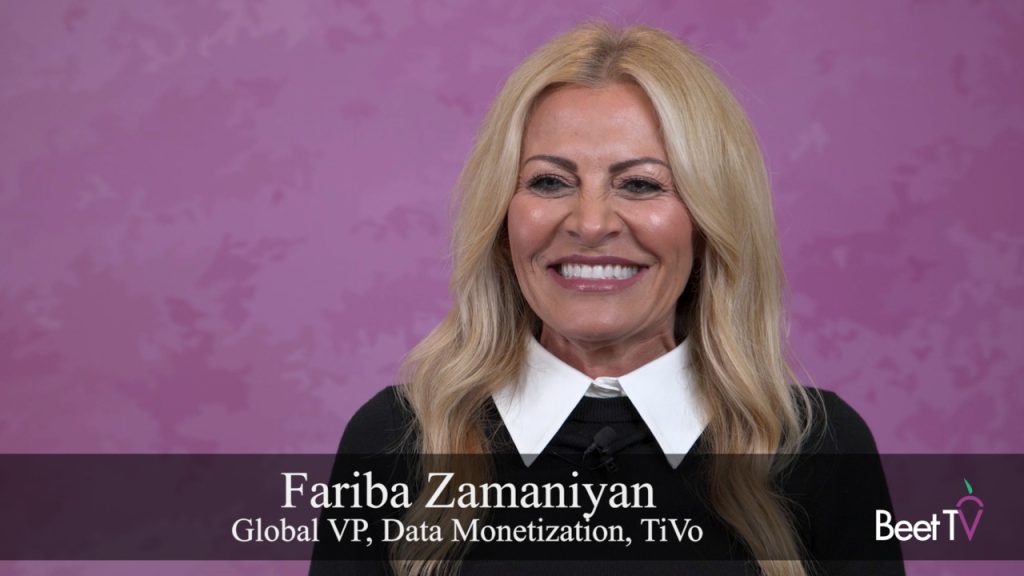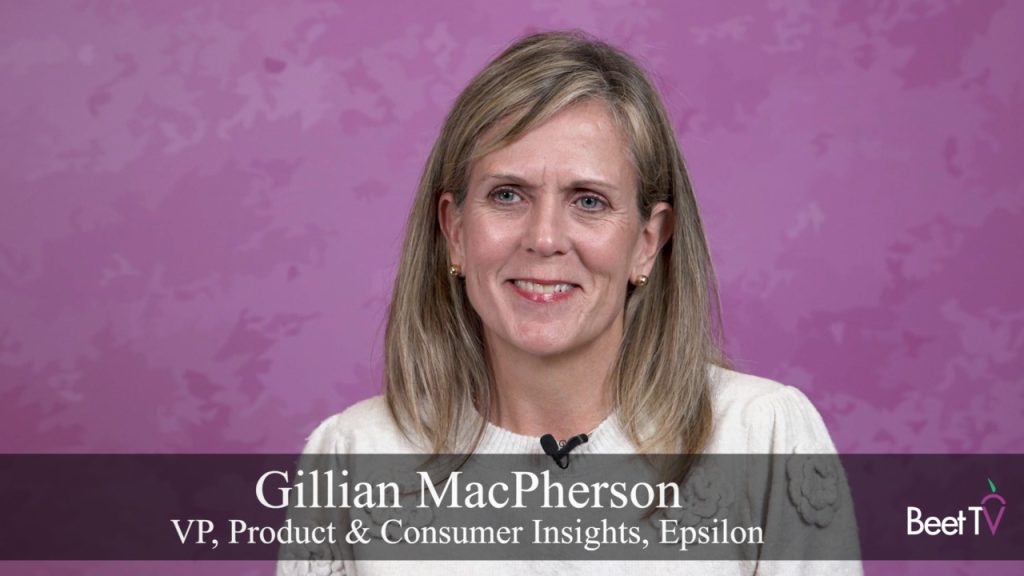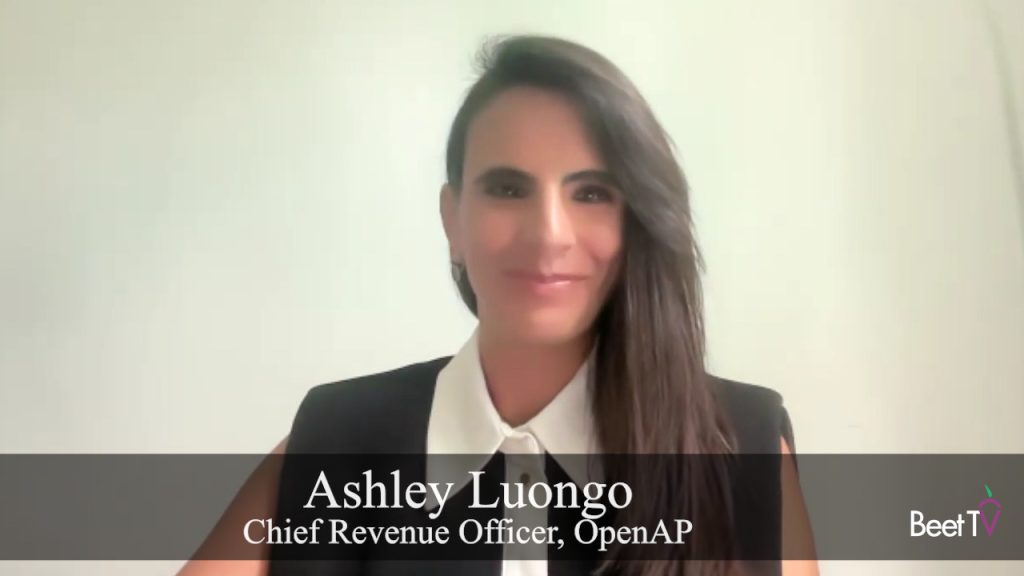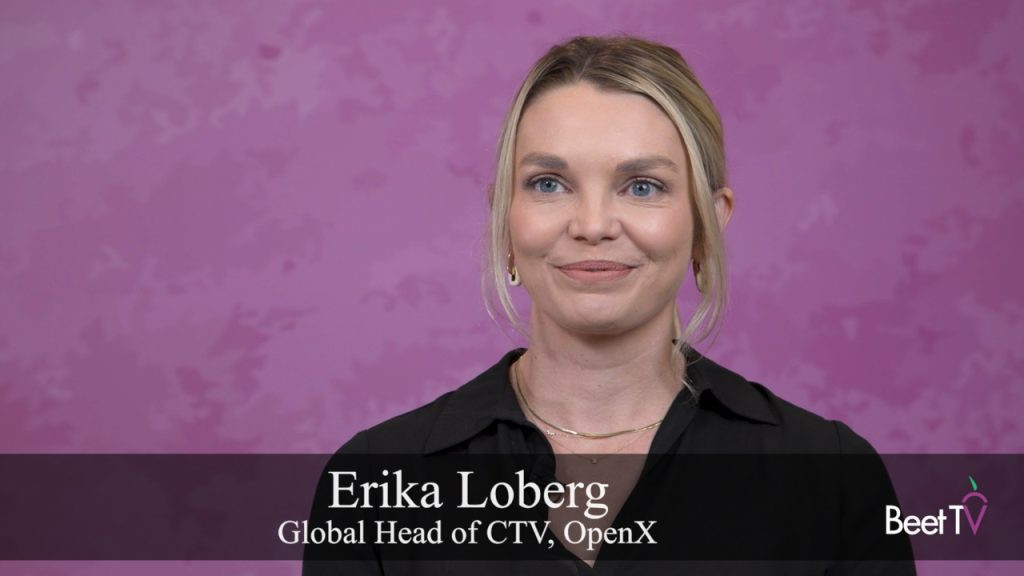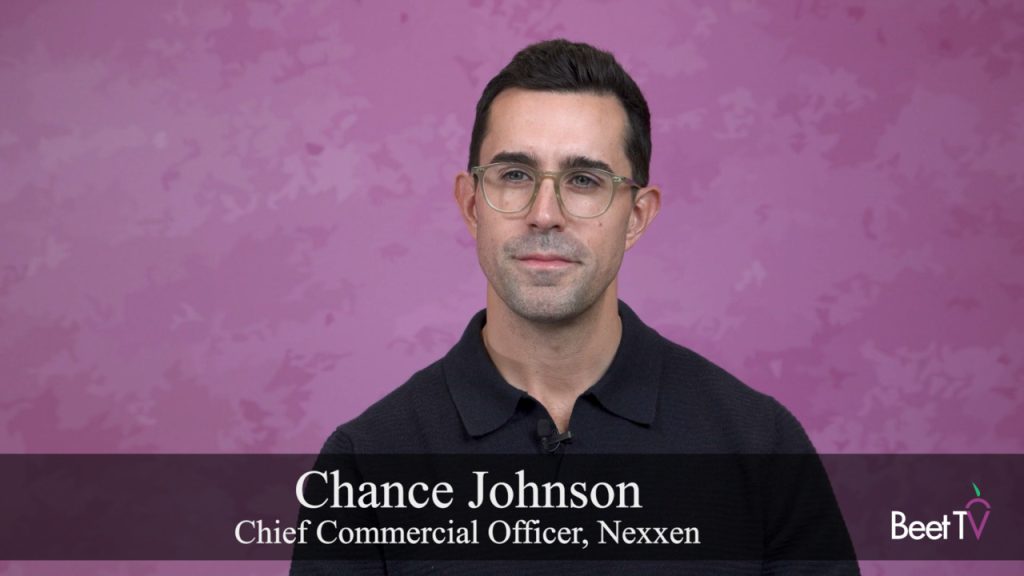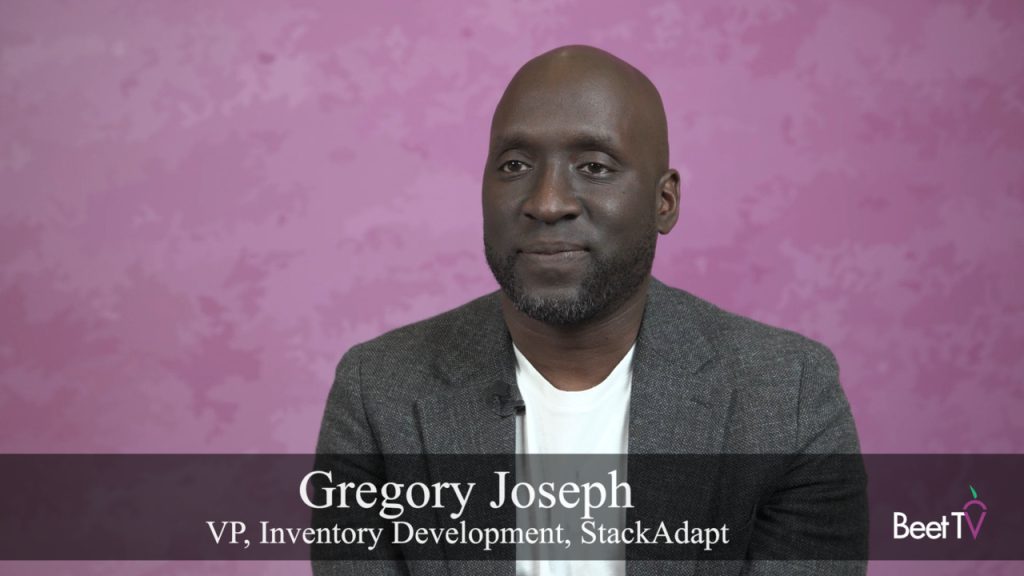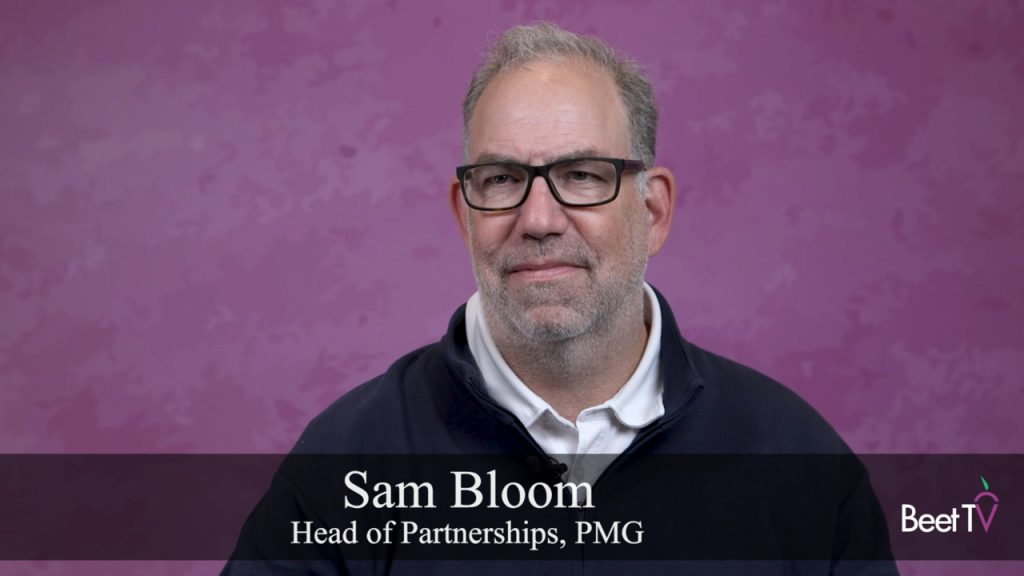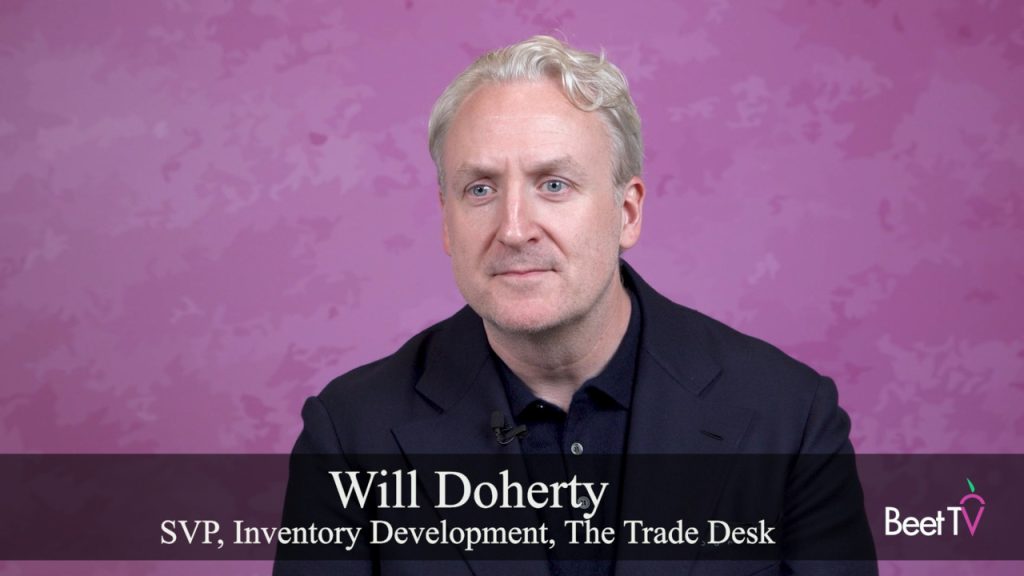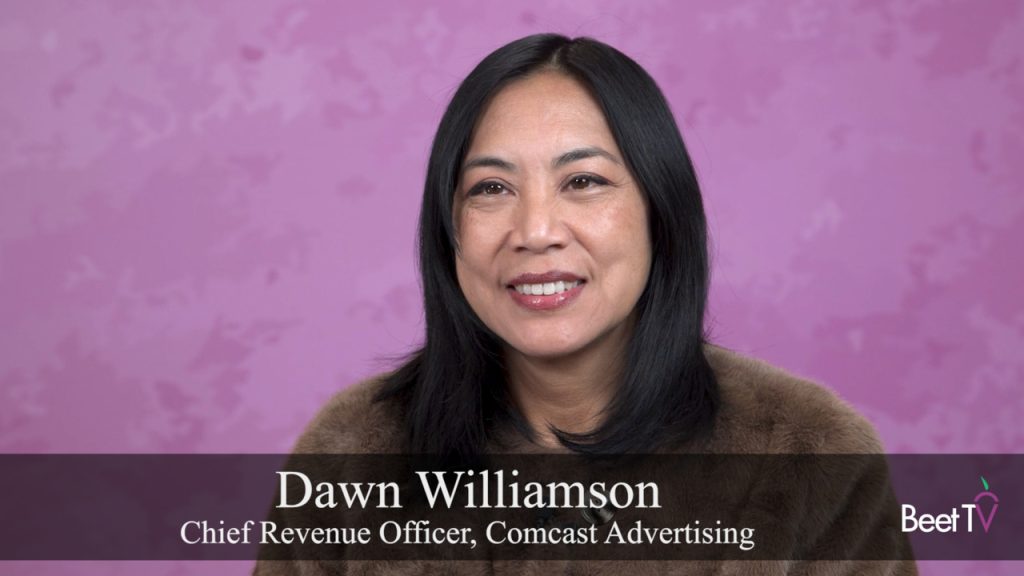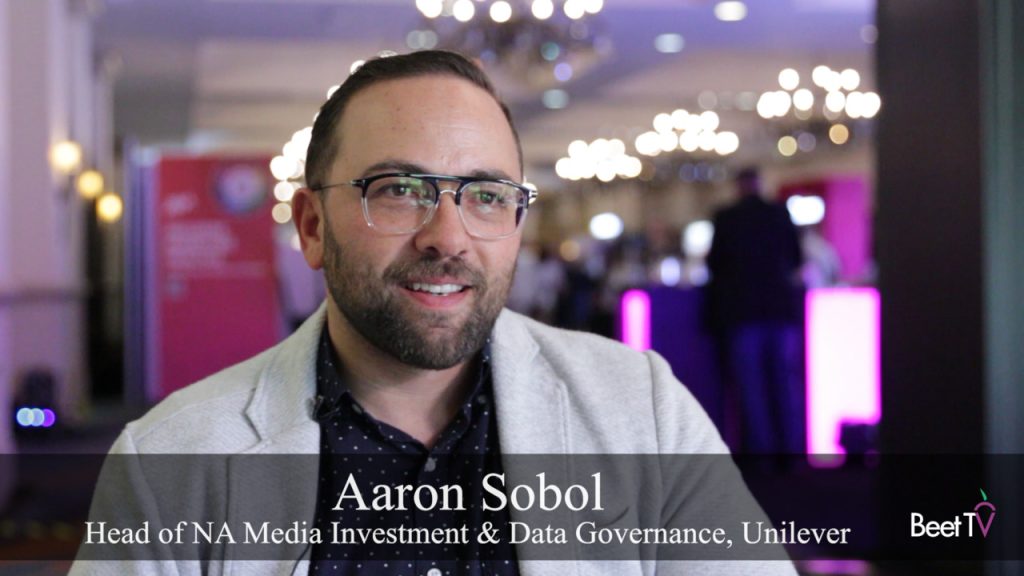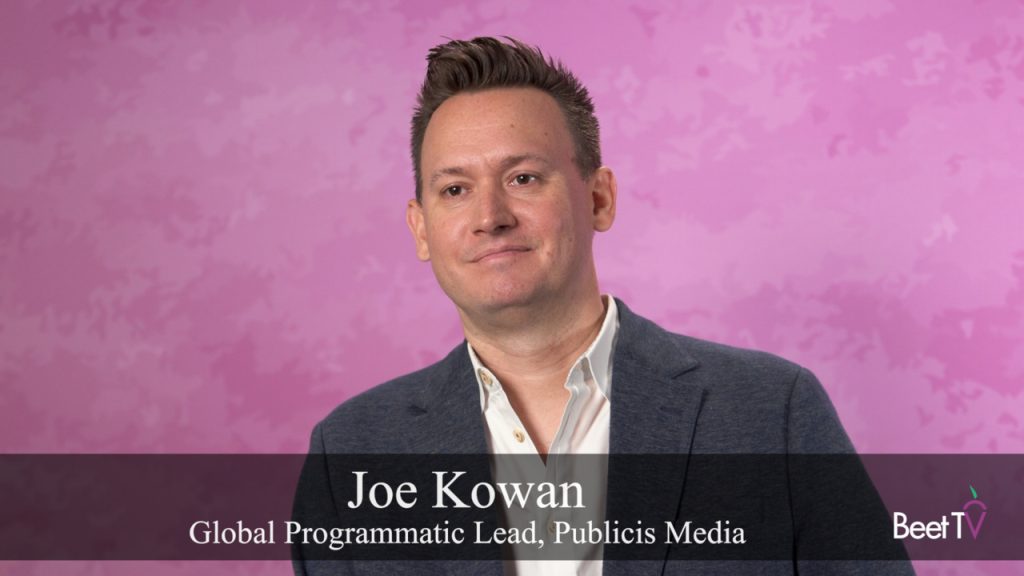In a front
page story of today’s New York Times, Denise Grady writes that the
transition of mammography from film to digital has created some anxiety in
patients whose doctors are learning the new technique. For some
physicians initially using the modality, there is an increased number of
follow-up visits for additional studies, which can be unnerving to patients,
Grady reports.
Some radiologists interviewed agree that the transition to digital
mammography has increased patient anxiety through repeated or additional
studies; others don’t. What they do agree is that it is a superior technology
for screening breast cancer. The Times reports that digital machines
are in 35 percent of mammography clinics.
What Does Kathy Plesser, MD, Say?
So, my wife Kathy, a radiologist in private practice in Manhattan, doesn’t necessarily agree with the premise of the article – that it creates anxiety. Here’s what she says about the story and the topic:
mammography from film screen is not as difficult as the article leads you to
believe. It is daunting initially to imagine the change. But the change is not
nearly as difficult as we imagine, particularly because as radiologists we have
become familiar with digital images and are used to manipulating images in CT
and MRI. The transition can also be eased by initially printing hard copy images
(ie film) from the digital images so that you can view both."
problem has been with microcalcifications and not masses, distortion or any of
the other radiographic signs of malignancy. Digital mammography shows
microcalcifications significantly better than film screen which can lead to an
increased callback rate and biopsies. Microcalcifications, however, can be the
earliest sign of breast cancer which makes their visualization important. I
believe that my experience with this transition is typical, at least among so
called dedicated breast imagers."
In this segment, Kathy talks about the value of digital mammography.
— Andy Plesser
Disclosure: Dr. Plesser is, as you might guess, a major shareholder in Beet Media LLC, the publisher of Beet.TV 🙂






